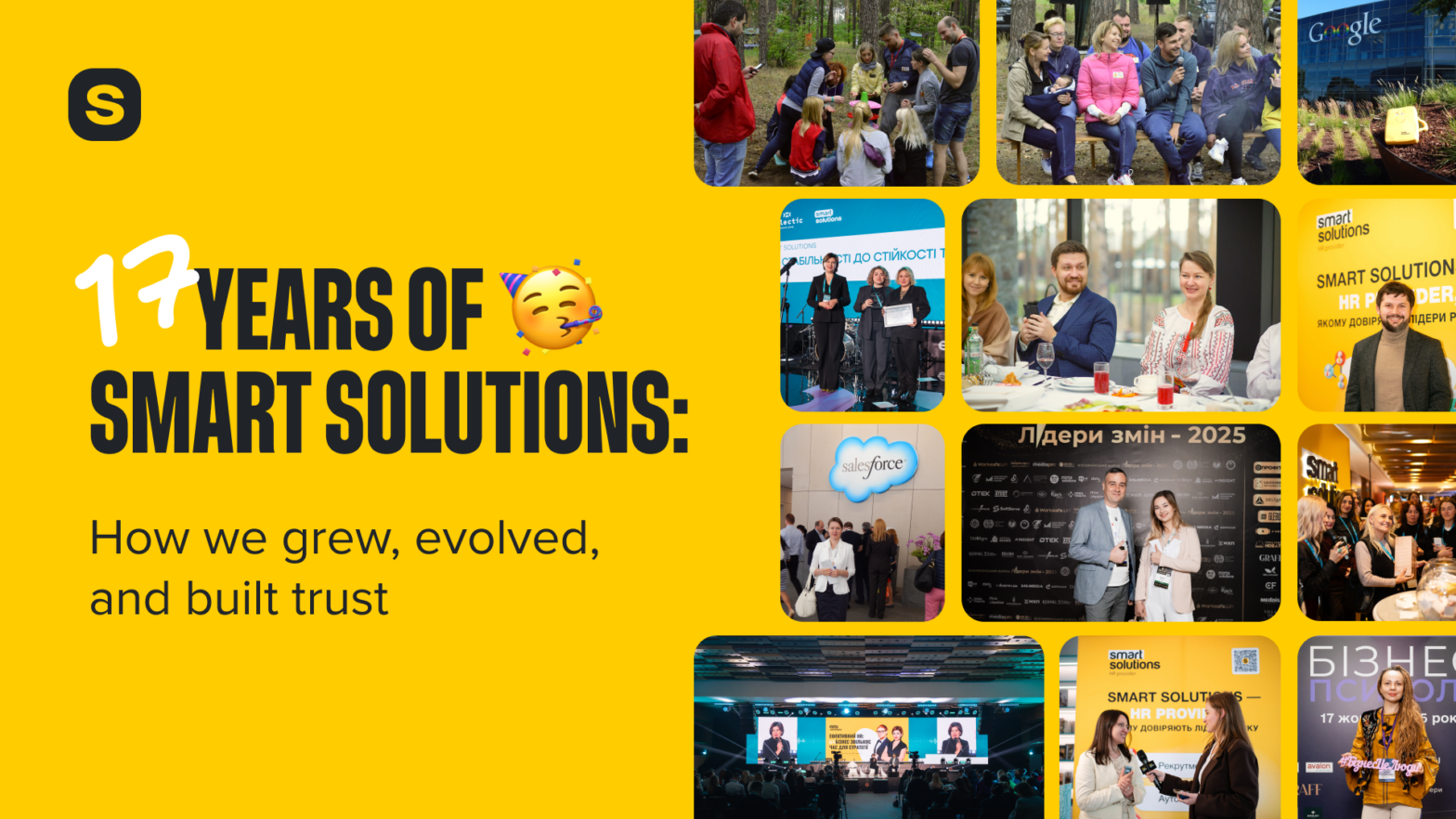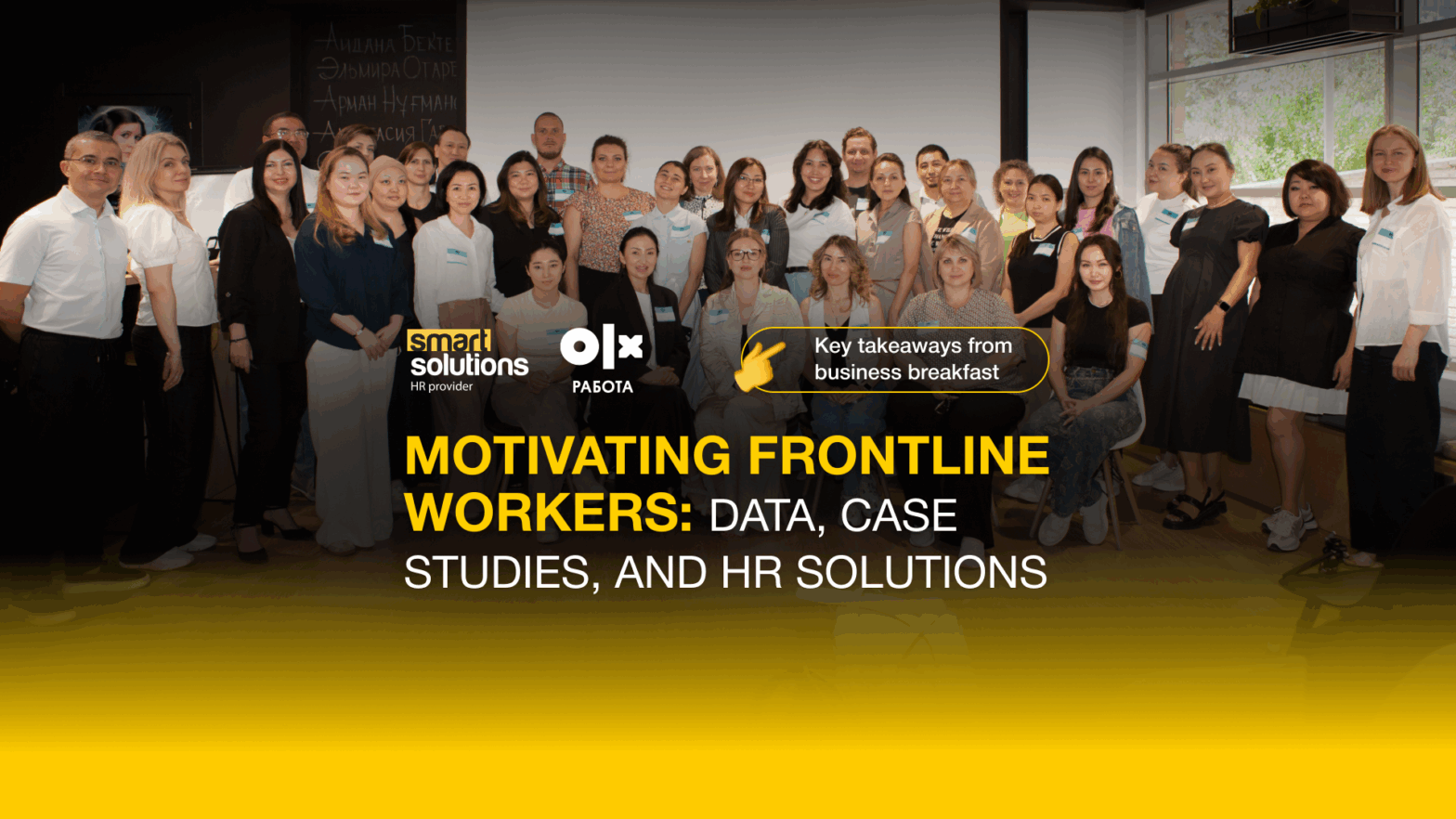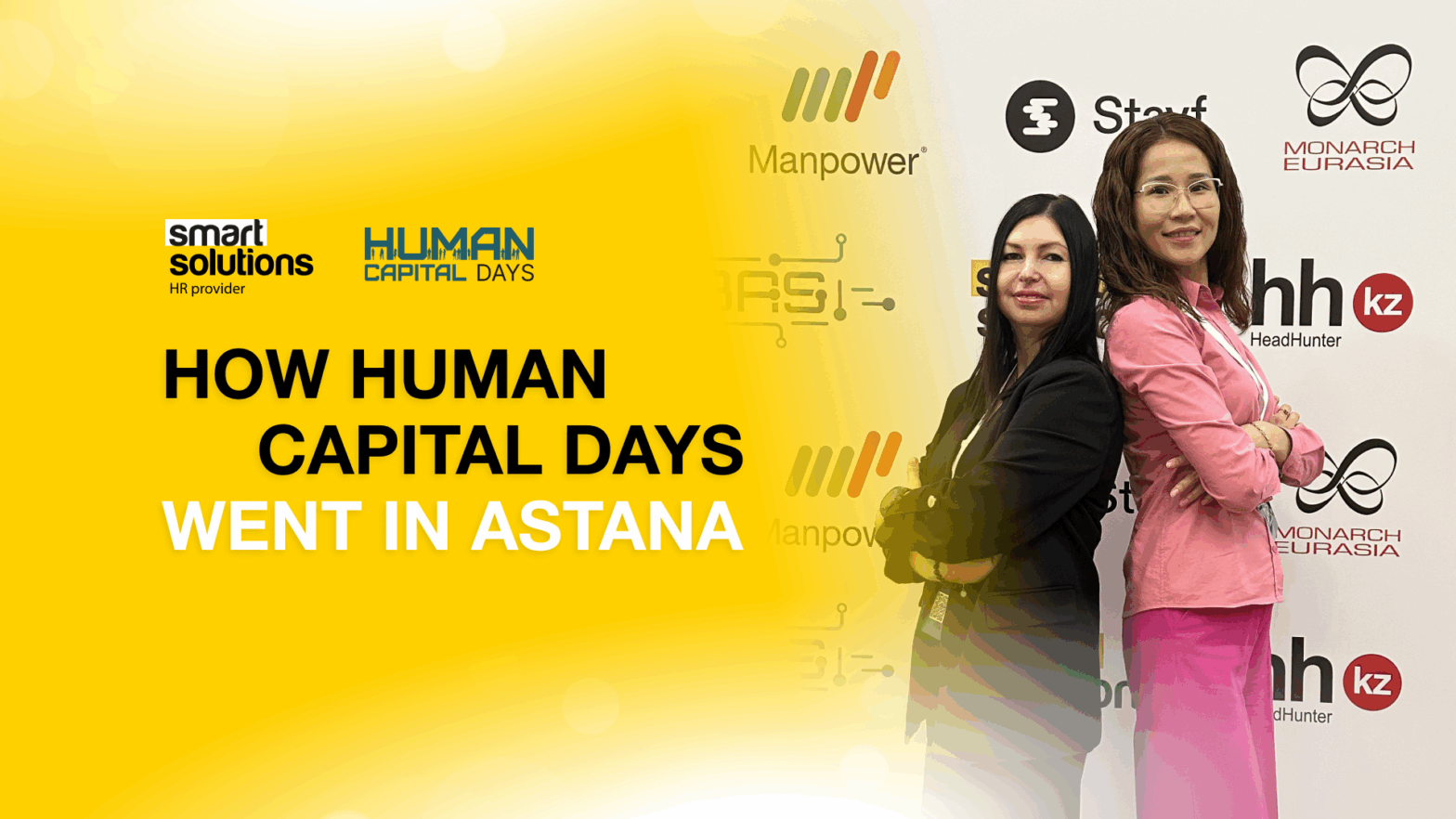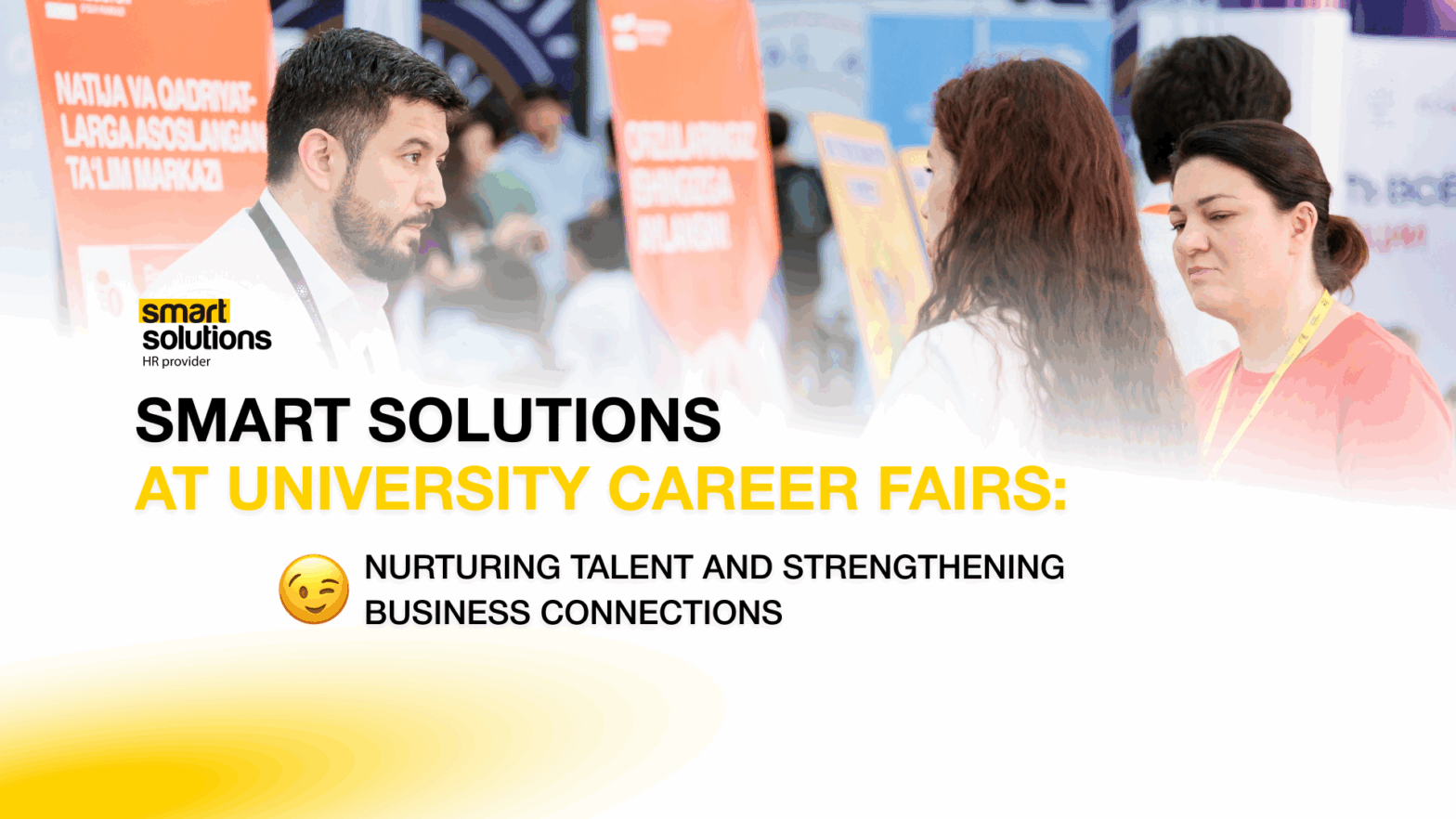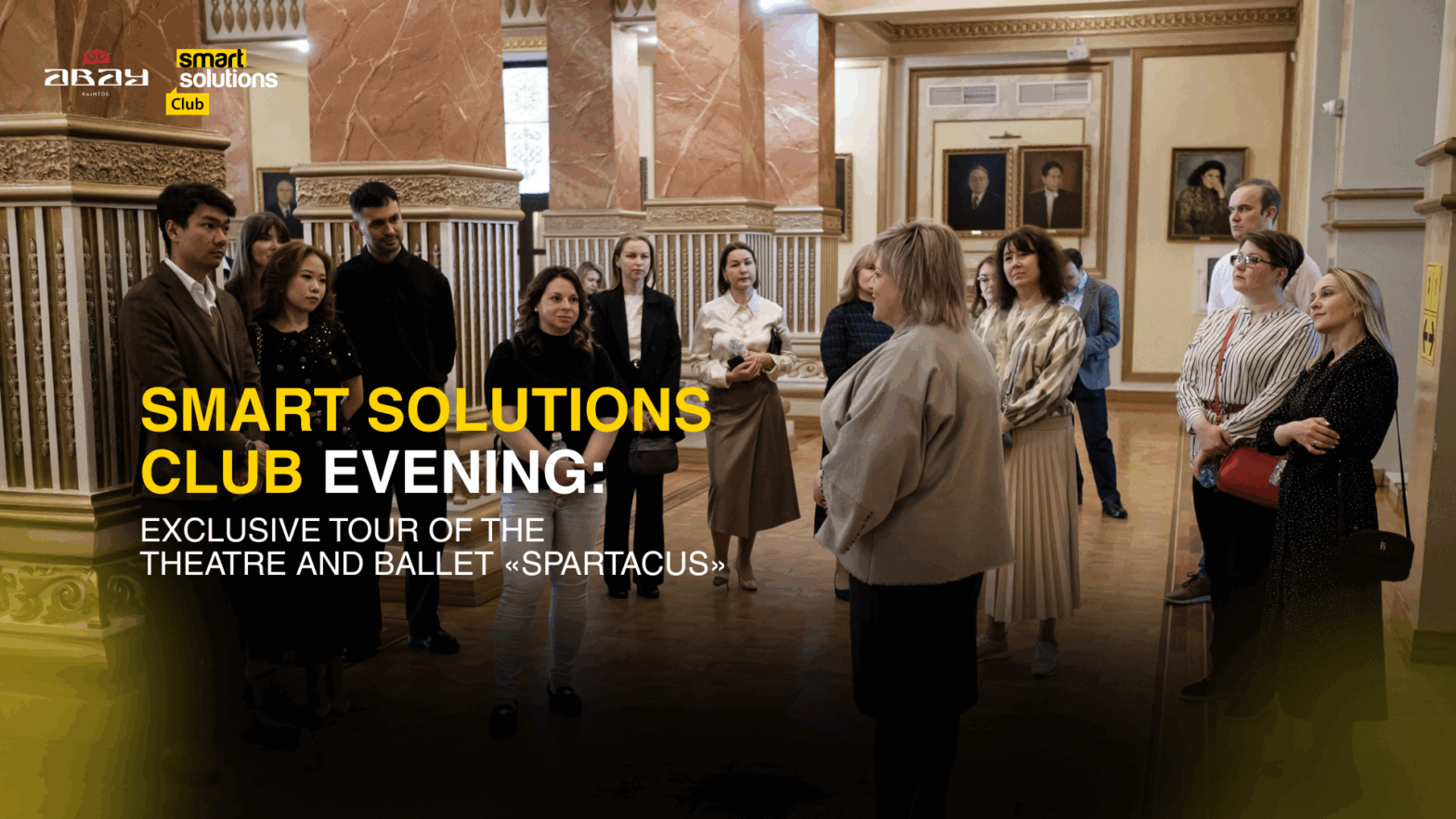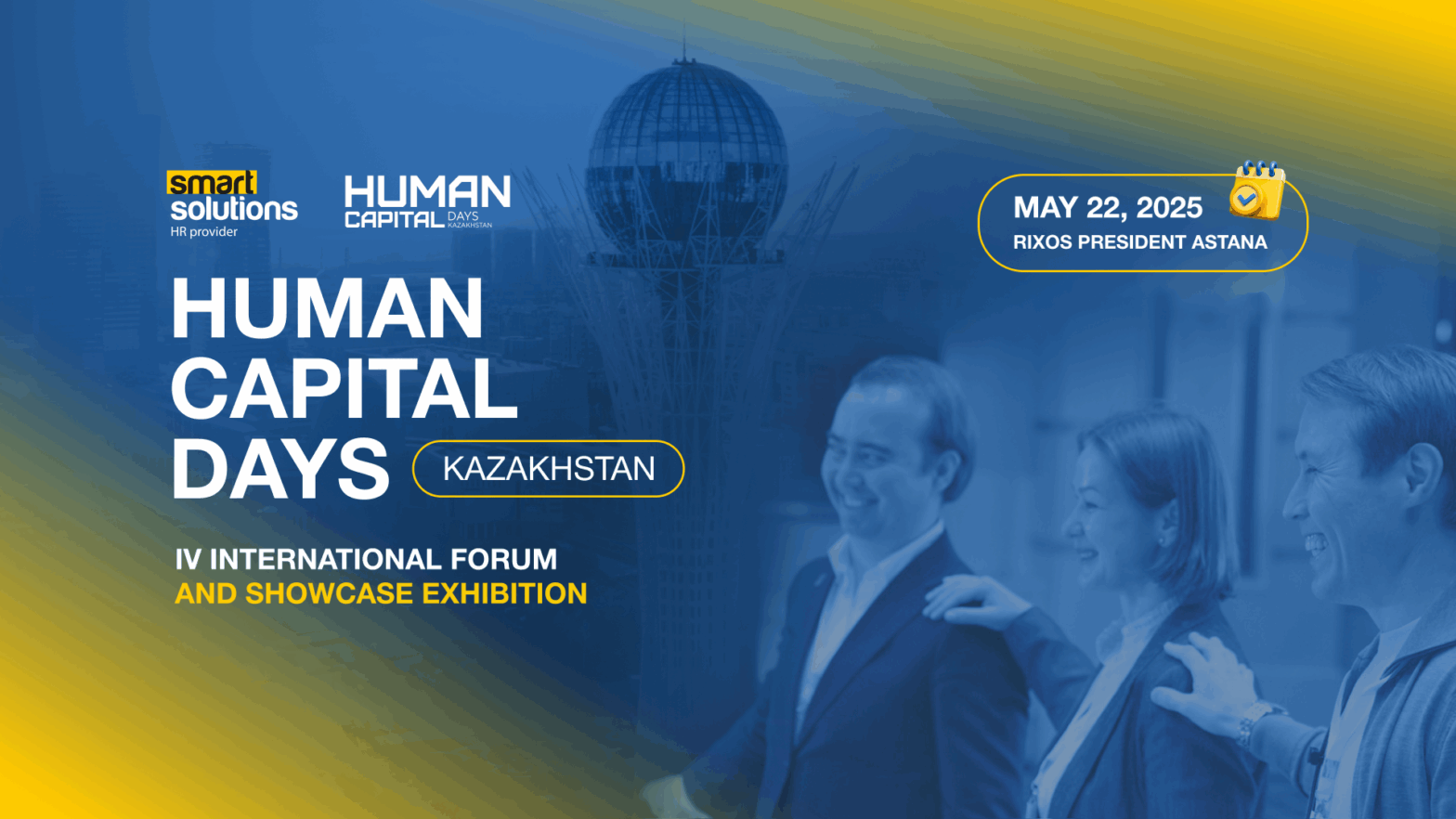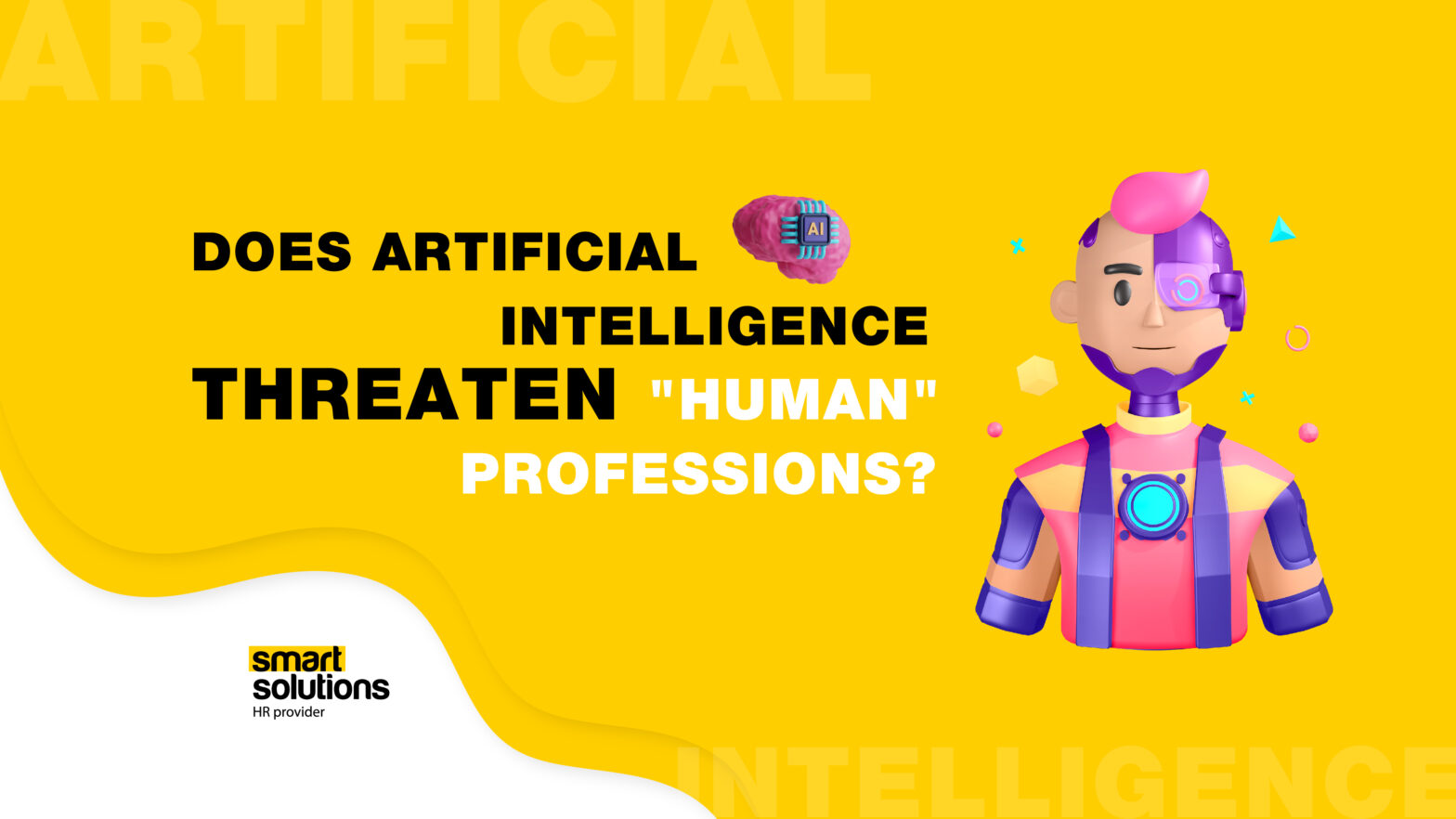
Artificial intelligence and the future of the job market
The rapid development of information technology, including artificial intelligence (AI), has caused heated public discussions, dividing ordinary people and informed professionals into two opposing groups. Supporters of the first group have no doubt about the apocalyptic finale of humanity in the style of “Terminator”. Representatives of the second group refuse to sow panic, considering it necessary to pay more attention to the ethical aspects of using AI. Perhaps the truth in this disagreement lies somewhere in the middle. In the interest of objectivity, we will rely on statistics and facts.
Recently, OpenAI, the company that developed Chat GPT, presented the results of its own research on the potential impact of language models on the future job market and individual professions that are most at risk of disappearing. The “unlucky” ones included writers, translators, mathematicians, web designers, PR managers, proofreaders, blockchain engineers, auditors, reporters, journalists, accountants, and many others. Most of the professions on this list can be influenced by AI from 80% to 100%. Obviously, the common denominator for all of the above-mentioned specialties is working with symbolic systems (words, numbers). Undoubtedly, working with texts and analyzing digital data is much faster for artificial intelligence, but is it better?!
Development of neural network algorithms and their application in machine learning has become a breakthrough in the history of AI. As a result, artificial intelligence has mastered chess, drawing, music composition, learned to diagnose medical conditions, translate texts, and recognize languages. However, at the moment, AI can be seen as an assistant rather than a competitor. It has already taken over some of the functions of both creative and technical professions, but it is too early to talk about total domination.
According to McKinsey & Company, by 2030, almost a third of human hours could be automated thanks to AI. Thus, every 16th specialist will be forced to look for work in a new field.
Therefore, in the near future, we should expect not universal unemployment, but a reformatting of the labor market. Many experts believe that more radical changes need to be prepared for in the 40-50 year perspective. And humanity should have enough time to develop economic, legal, and ethical tools to regulate the labor market, taking into account the development and implementation of AI. In fact, we should be more cautious about the prospect of artificial consciousness, rather than artificial intelligence. After all, it is aimed at solving an unlimited number of intellectual tasks, self-awareness, and autonomous thinking independent of humans.

